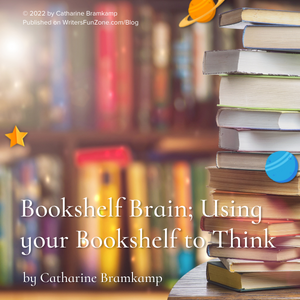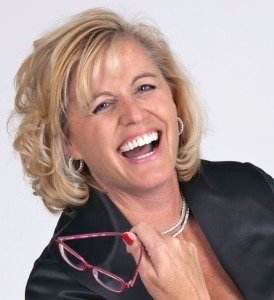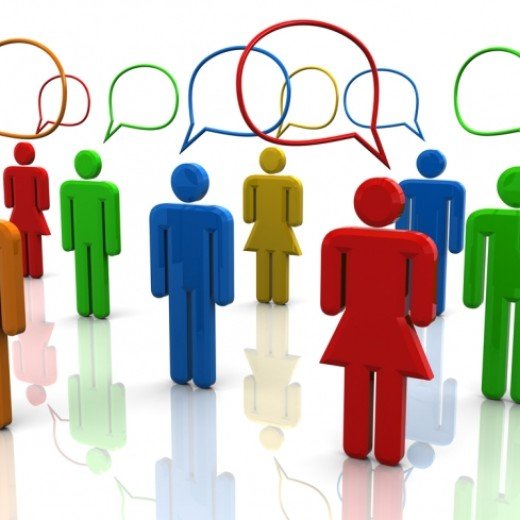Bookshelf Brain; Using your Bookshelf to Think by Catharine Bramkamp
 Let’s welcome back monthly columnist Catharine Bramkamp as she shares with us “Bookshelf Brain; Using your Bookshelf to Think.” Enjoy!
Let’s welcome back monthly columnist Catharine Bramkamp as she shares with us “Bookshelf Brain; Using your Bookshelf to Think.” Enjoy!
***
Want to read more articles like this one Writer’s Fun Zone? Subscribe here.
***
Yesterday, I organized my brain.
I organize my brain by moving, categorizing and re-shelving my books.
I ignore book trends: the books all turned backwards— a trope for Zoom backgrounds but necessary if you want to avoid running afoul of copyright laws; books organized by color– it looks lovely but I would find nothing; books by author’s last name– okay, not really a trend.
None of those systems appeal because I organize my book shelves by project.
Why I Organize My Books
When I am working on a project or need to rethink an idea, I turn to the representative books and rearrange them. Just the work of it, placing one seemingly different book next to another inspires new associations and themes.
I own a little over 1,000 books.
Not many by some standards, but enough to fill a small house; bookshelves in my study, books stacked in the bedroom, books crowding my husband’s study, books decorating the living room and books overflowing into the guest house.
A single bookcase stands in the dining room protecting the cookbooks. I do not rearrange cookbooks. I have no room in my brain for them.
Maybe you do this as well.
Organizing My Books Offers Inspiration
Books can indeed be magical– a single glance at a book spine and the whole of the contents comes immediately to mind. It is exactly as Socrates feared, once we write down an idea, there is no need to memorize it. We’ve successfully outsourced our ideas.
I currently have a collection that supports the Bloomsbury class I am planning, Roger Fry with Vanessa Bell next to TS Eliot and of course, all of Woolf.
I have a shelf supporting a class on collage stacking Dos Passos, on top of Ulysses next to Max Ernest and for good measure a biography of Peggy Guggenheim.
I have a long shelf crowded with books on the Great War adjacent to the the autobiographies of Sylvia Beech and Gertrude Stein.
I have a shelf devoted to Paris and a shelf devoted to the Transcendentalists and in the guest house, a full set of Louisa May Alcott.
Someday those sets should merge.
Organization as a Trend
In some homes bookshelves are treated like shrines, or as you’ve probably noticed on Zoom calls, virtue indicators.
The most popular woke book dispalyed face out on the bookshelf background, or an author sitting before an entire bookshelf featuring copies of their own books.
The bookshelf in my aunt’s living room displayed a set of leather bound classics, you know, the classics no one reads, but are important to own.
I supposed the matching books were intended to mimic and/or acknowledge the fantasy of a country manor library: floor to ceiling leather bound books.
Best scene in Beauty and the Beast – the library reveal.
The Purpose of Organization
But mimicking– remember the library scene in The Great Gatsby, walls and walls of book purchased just for the effect– great libraries misses the point.
Great private libraries were the 18th century internet. Those big libraries were brains, 300 years of written knowledge, there for the taking.
The more books you owned, the faster you could access knowledge, make informed decisions and write opinion papers independent of the official world interpretations of a pastor or rabbi.
Dangerous Things, Books
I extract books, pile them on my desk, return them, occasionally dust.
When I consider a project, like a class on the history of the Dictionary, I move the battered copy of the Professor and the Madman next to the brand new hardback of the Dictionary of Lost Words as well as The Dictionary Wars.
By rearranging I can see what is missing, what else is needed and then have the enormous pleasure of adding to the shelf because I need just one more book.
What About You?
Does your bookshelf reflect and nurture your interests and hobbies?
If you spent an hour or so re-arranging and mixing up the contents of your shelves, what would you discover?
We love books, we write books, we read books, we take pilgrimages to famous book stores and gather up more books.
Book shelves don’t need to be shrines, they can be symbols of interests, of passion and of new ideas just about to emerge as soon as this book is picked up and placed next to this one.
In so many ways, books give us a whole new way to think.
***
ABOUT THE AUTHOR
 Catharine Bramkamp is a successful writing coach, Chief Storytelling Officer, former co-producer of Newbie Writers Podcast, and author of a dozen books including the Real Estate Diva Mysteries series, and The Future Girls series. She holds two degrees in English and is an adjunct university professor. After fracturing her wrist, she has figured out there is very little she is able to do with one hand tied behind her back.
Catharine Bramkamp is a successful writing coach, Chief Storytelling Officer, former co-producer of Newbie Writers Podcast, and author of a dozen books including the Real Estate Diva Mysteries series, and The Future Girls series. She holds two degrees in English and is an adjunct university professor. After fracturing her wrist, she has figured out there is very little she is able to do with one hand tied behind her back.
Also by Catharine Bramkamp
https://writersfunzone.com/blog/2022/03/08/showing-off-by-catharine-bramkamp/
https://writersfunzone.com/blog/2022/01/07/creativity-how-to-get-more-by-catharine-bramkamp/







Great article! I will now look at my bookshelf with new eyes!